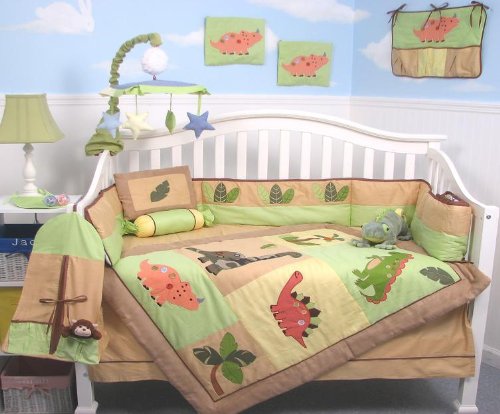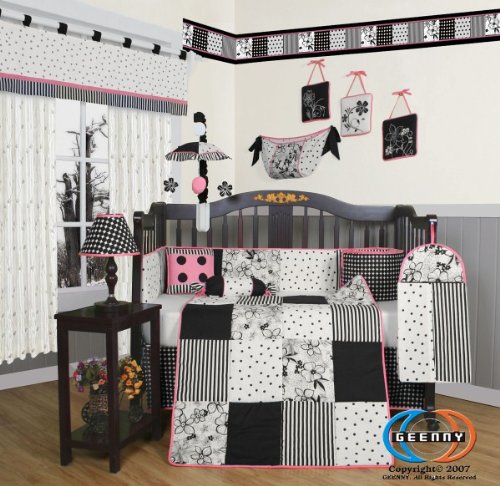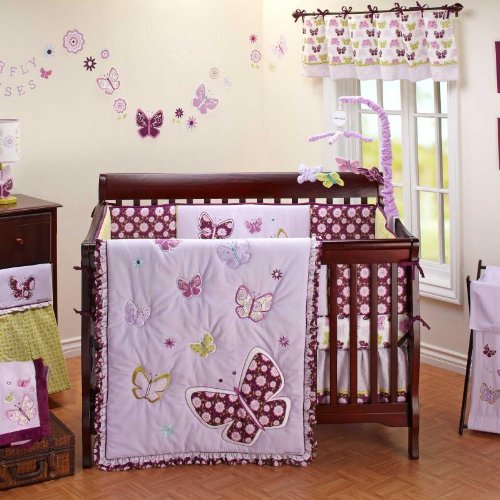The day has finally come to take your newborn home. Now, it's all up to you, no more help from your nurses. Feeding, burping, diaper changes, bath time...who has time to sleep anymore? If you are like most parents, you've probably already forgotten the instructions that your nurses gave you right before you left. Well, not to worry, we have the information for you right here.
Feeding
First things first, lets tackle the feeding issue. Whether you are breast or bottle feeding, your baby will need to eat every 2-4 hours around the clock. Yes, this means waking up at 2 a.m. to feed your baby. Feed your baby whenever he/she is showing signs of hunger (rooting, bringing hands to mouth, smacking lips, making sucking movements with mouth, sighing, sobbing, cooing, and increased alertness). Crying is considered a late sign of hunger.
How much should you feed your baby? Well, every baby is different and tends to eat different amounts at each feeding. Feed your baby until he/she seems satisfied. Your baby will let you know when he/she is hungry again. For you breastfeeding moms, a good 15 minutes on each side is usually sufficient (unless your little one is ravenous). For those babies eating formula, offer 2 ounces and see how that feeding goes. Maybe your baby will only take an ounce, the whole bottle, or will want more. But 2 ounces is a good place to start.
Burping
Breastfeeding babies tend not to gulp as much air as formula fed babies, so therefore, burping when changing breasts and after the feeding should be fine. For formula fed babies, a good indicator is when your baby stops sucking. The gas bubble in the tummy makes your baby think that he/she is full. Usually after a good burp, feeding will resume.
Babies who have reflux or spit-up frequently will benefit from frequent burping. If breastfeeding, it may be necessary to burp your baby after every 5-10 minutes (or so). For bottle babies, try burping after every half an ounce to an ounce.
Diaper Changes
Babies need frequent diaper changes to keep them comfortable and prevent diaper rashes. The best time to change your baby's diaper is right before feeding time. This is good for several reasons. First, it helps wake your baby for the feeding. Next, it helps to prevent waking your baby after the feeding (what I like to call the "milk coma"). And finally, it helps avoid causing your baby to spit up once his/her belly is full.
Little girls should be wiped from front to back to prevent urinary tract infections. If your little boy was circumcised, be sure to apply an emollient (I like Earth Mama Angel Baby's Baby Bottom Balm ) to his penis every diaper change to help prevent it from sticking to the diaper (Ouch!). This ointment also helps to soothe mild diaper rashes.
If your baby develops a diaper rash, avoid using commercial wipes since these can be irritating to the skin. Use a damp wash cloth and try not to rub too hard. For big poopy messes, rinse your baby's bottom off in the sink or bathtub. Be sure to dry the area well (again, don't rub...just pat gently). If you are brave enough, try leaving your baby's diaper off for a bit. Fresh air is good for the hiney. Use a diaper rash cream of your choice to help clear up the rash. I like Earth Mama Angel Baby's Baby Bottom Balm, but if this doesn't do the trick, try a zinc-oxide based cream (I like triple paste because it works great and has a good safety rating from Skin Deep.)
Bath Time
Your little one doesn't need a bath every day. Babies don't get that dirty, so every other day or 3 times a week is just fine. Be sure to wash your baby's face, neck and diaper area each day since these are the parts that tend to get the dirtiest. Give your baby a sponge bath until the umbilical cord falls off and the stump site is healed. Once the cord area looks like a regular belly button, you can then give your baby a tub bath. Be sure to test the temperature of the water before giving either a sponge or tub bath!
Sleep
Remember the good old days when you could sleep 8 hours a night or when you didn't feel like a walking zombie? Sorry to say, those days are gone for awhile. But, don't worry they will return in a couple of months. Until then, try to sleep when your baby is sleeping (the dishes can be done later). If you are bottle feeding, let daddy feed the baby so you can catch up on some sleep. If you're breastfeeding, have daddy cook and do some chores around the house (don't laugh) and get the baby ready for the feeding so you can have some extra down-time. This will take some getting use to, but don't worry, you'll make it through this.
You're baby (unlike you) will spend most of his/her time sleeping. This is when your baby is growing and conserving calories and energy. Be sure that your baby is sleeping in a safe environment such as a crib or bassinet that is free of loose bedding, pillows, stuffed animals, and other loose objects. Also, always place your baby to sleep on his/her back to decrease the risk of sudden infant death syndrome (SIDS).
Remember, follow-up with your pediatrician as instructed. This is an important time for your doctor to check on your baby's health status and to answer any questions or concerns that you may have.
Soon you'll settle into a routine and learn your baby's cues and patterns. So, hang in there; everything is going to be just fine.
For More Baby Related Information:
Visit Us At: http://www.Babies411.com.
Diba Tillery RN, BSN
Babies 411 is an on-line information and resource center for parents. It has been developed by Diba, a neonatal intensive care nurse, with the sole purpose of promoting the health, safety, and well-being of all babies.

























